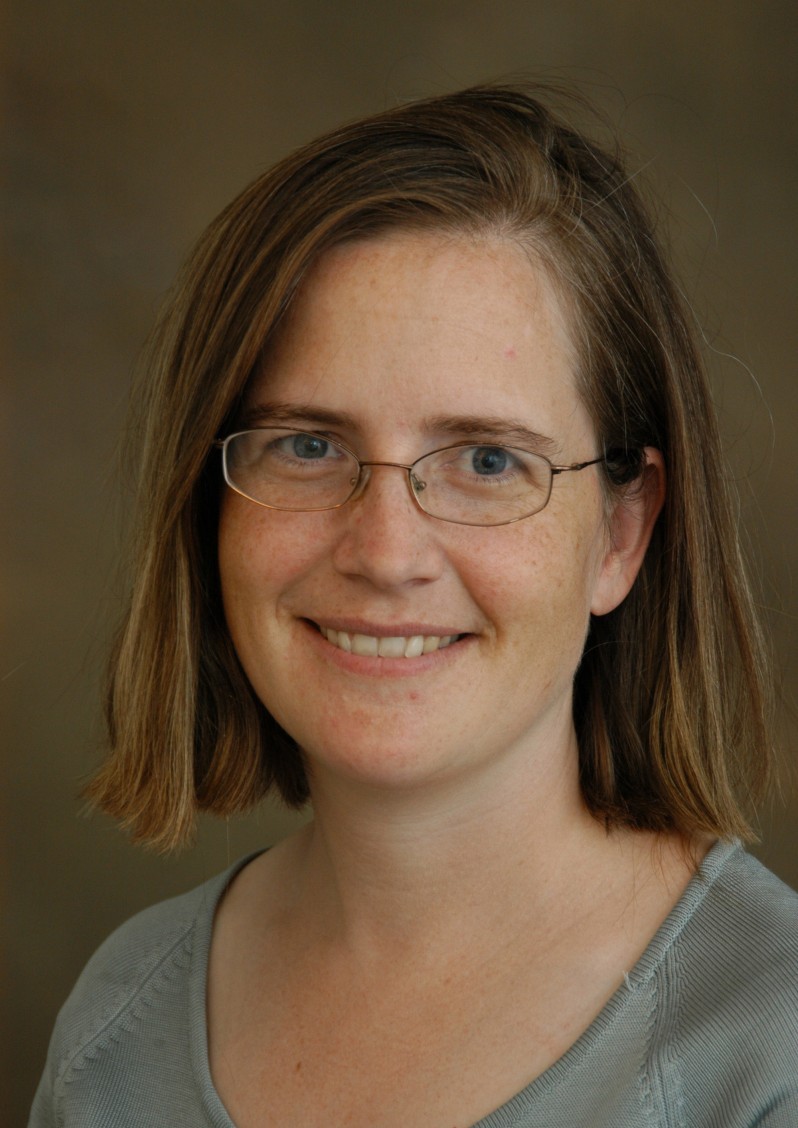Cynthia Boyd, professor in the Division of Geriatrics, was awarded a $6.2 million grant from the National Institute on Aging to establish a national research network to reduce unnecessary and harmful medication burden for older adults. She will lead the effort in collaboration with co-PI Dr. Michael Steinman from UCSF.
Read the full press release from UCSF below:
UCSF, Johns Hopkins University launch network to study deprescribing in older adults
Recognizing the need for deprescribing medications for older adults to improve their overall health, the National Institute on Aging recently awarded a five-year, $6.2 million grant to UC San Francisco and Johns Hopkins University to establish the U.S. Deprescribing Research Network.
The project is led by Michael Steinman, MD, a UCSF professor of geriatrics and clinician in the geriatrics clinic and inpatient general medicine service at the San Francisco VA Medical Center, and Cynthia Boyd, MD, MPH, a professor of medicine at Johns Hopkins University School of Medicine.
Polypharmacy – taking five or more prescription drugs – has increased among U.S. adults age 65 and older from 24 percent in 2000 to 39 percent in 2012. This significant growth is attributable to a growing older population, onset of chronic disease, and increasing availability of drugs for treatment and prevention.
Deprescribing, the ending of long-term therapy under clinician supervision, is a fundamental technique of geriatric practice and palliative care medicine to address inappropriate medication use and/or polypharmacy common among older adults with multimorbidity. It may be recommended due to a lack of efficacy, non-adherence or introduction of an interacting drug. Alternative therapies may be provided in its place, or de-intensification of therapy or dose reduction.
The American Geriatrics Society (AGS) identified in its 2015 Updated Beers criteria numerous potentially inappropriate medications used in older adults from evidence linking them to adverse consequences such as morbidity, falls, disability, hospitalization or death. Estimates of potentially inappropriate prescribing are less precise than for polypharmacy but range from 20 percent of older adults to a third in long-term care facilities and more than half of those with advanced dementia in nursing homes.
Previous research suggests the possibility of survival benefits for deprescribing in observational studies, but randomized trials have not confirmed this finding.
The five-year grant to Steinman and Boyd will support development of a collaborative network to advance scientific research into techniques and outcomes of deprescribing medications for prevention and treatment of older adults with multiple chronic conditions. This network will address the scientific, safety, ethical and logistical challenges of deprescribing trials and could incorporate areas such as the risks and benefits of target medications or alternative approaches that may substitute for the deprescribed drugs.
The six specific aims of the U.S. Deprescribing Research Network are:
- Develop a national community of investigators interested in deprescribing and support mutual learning and opportunities for collaboration that expand the quality, quantity and translational impact of deprescribing research;
- Create a coordinated network of research sites that will generate science, address logistical and safety challenges, and develop infrastructure to conduct clinical studies on deprescribing;
- Develop and disseminate resources to help investigators overcome common challenges in deprescribing research and maximize the scientific validity and impact of scholarship in this area;
- Support innovative pilot studies that address high-priority topics in deprescribing and will catalyze future investigator development and larger-scale projects;
- Engage a broad range of stakeholders to maximize the relevance, sustainability and dissemination potential of research on deprescribing; and
- Disseminate the work and findings of the network to a broad range of external stakeholders and coordinate efforts with other organizations and research networks.
The first step is to establish a series of cores focused on investigator development, stakeholder engagement, data and resources, pilot and exploratory studies, and leadership and administration. There also will be a series of special projects using original research and consensus processes to develop new science and infrastructure in areas critical for advancing this research.
